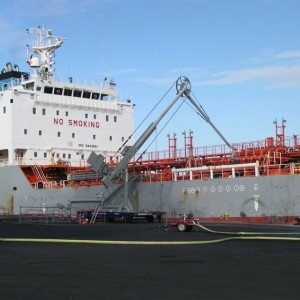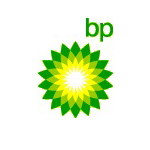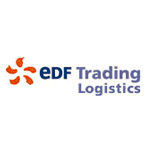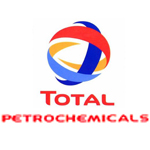
Three important members of staff participate in improving the cost-effectiveness of a maritime (or inland waterway) operation involving the loading or unloading of hazardous cargo (oil, gas chemicals): the Superintendent, the Loading Master, and the Cargo Advisor.
4SA’s Superintendent service
Whether you are the shipper or the consignee of the goods, a Superintendent can represent you on site and defend your interests. The Superintendent can be seen as the “conductor” of all stakeholders involved. They verify that the correct instructions are followed by everyone throughout the cargo transfer, in order to shorten, as much as possible, the ship’s stay in port. This is done whilst adhering to the relevant requirements (flows, sampling, transfer rates…), ensuring that the correct quantity of product is transferred, and ensuring that it is of the correct quality.
Your 4SA Superintendent prepares the operation, informs you of its progress, and offers advice in real time. Their timed reports will help you to attribute excess costs incurred in port (demurrage) to the parties responsible for them (ship, loader, inspecting company, port…).
Should there be a quality issue, they can propose a range of costed solutions to help you to take the right decision. For example, they can quantify the quality issue by cost analysis (due to renegotiated price) or add an additive, etc.
4SA’s Superintendents are experienced people with good interpersonal skills, enabling them to achieve significant time and efficiency gains. For some operations, they are also able to take on the role of Loading Master (4SA provides Loading Master training).
We also offer maritime supervision services for ship-owners. A 4SA officer (a Supercargo) on board a ship can ensure that it follows the company’s procedures (navigation, commercial operations, maintenance).
Please contact us. With our experience in the maritime sector and the expertise of our staff, we are able to represent your interests anywhere in the world.
These companies trust us for their cost optimisation requirements:
INEOS then PETROINEOS since 2006, BP France since 2007, EDF-TL since 2011.





